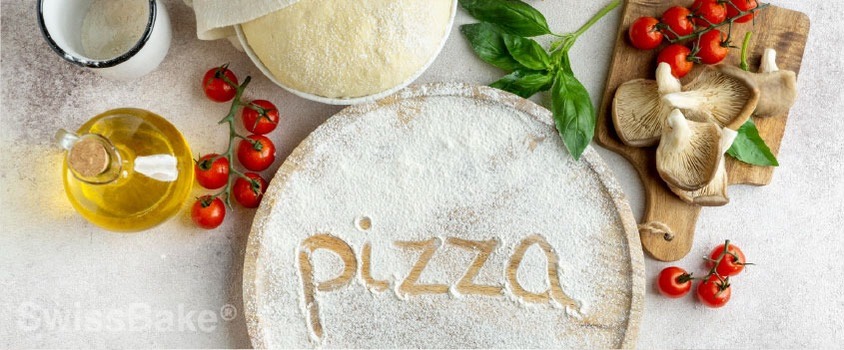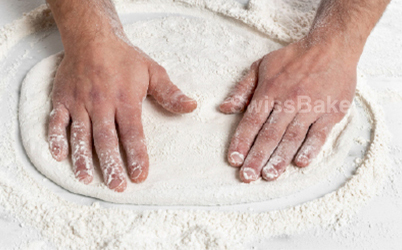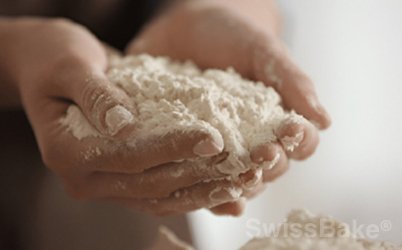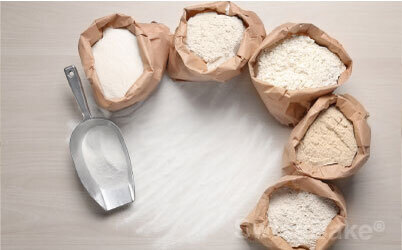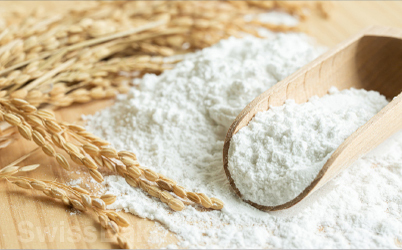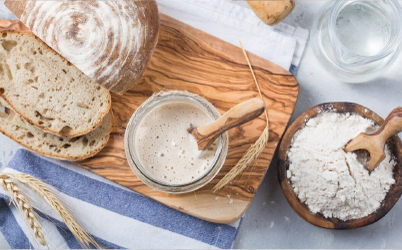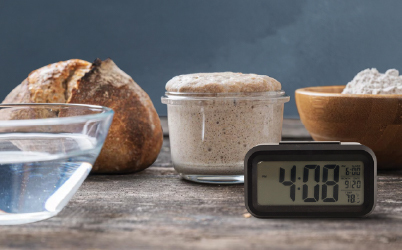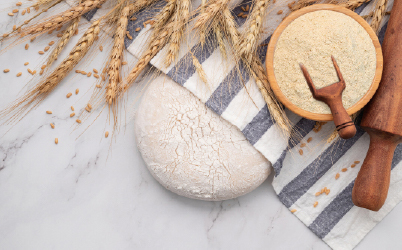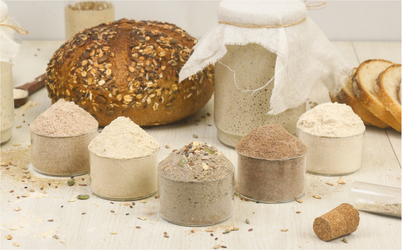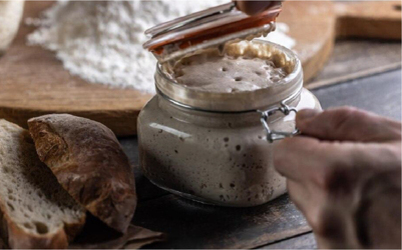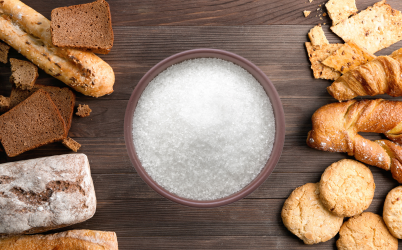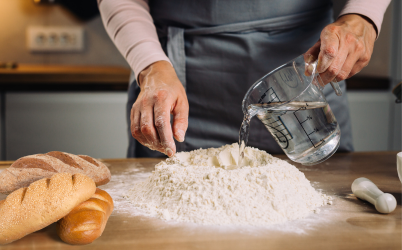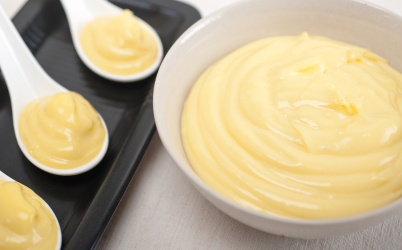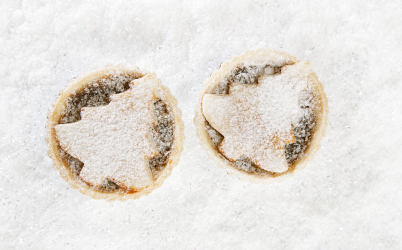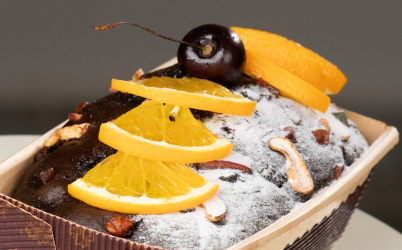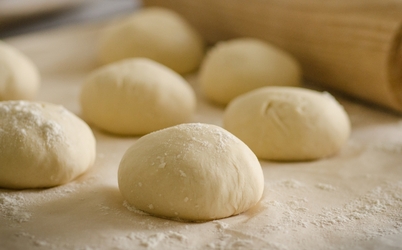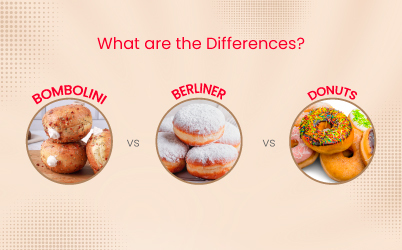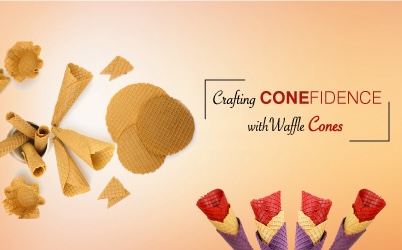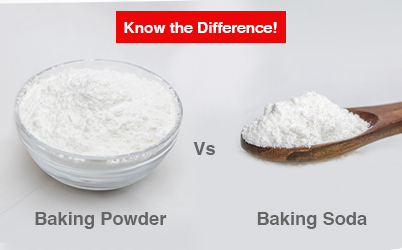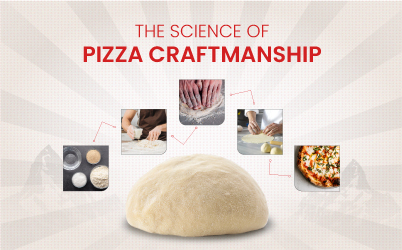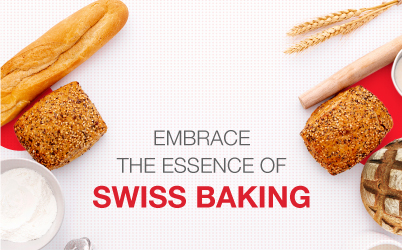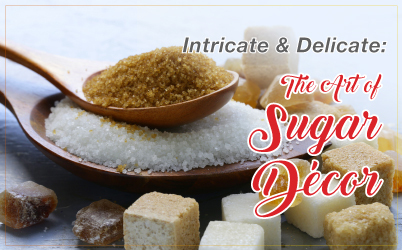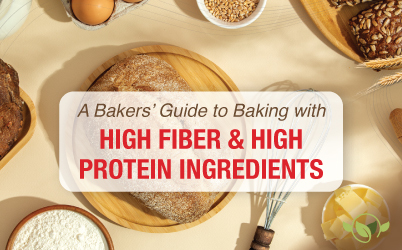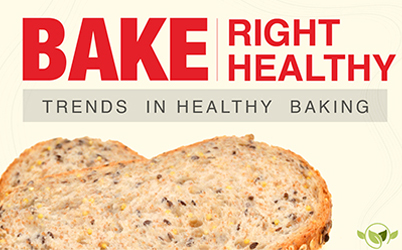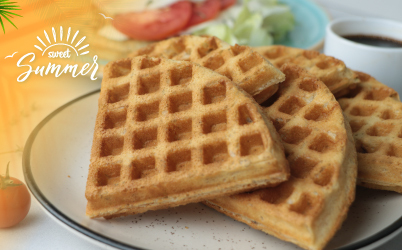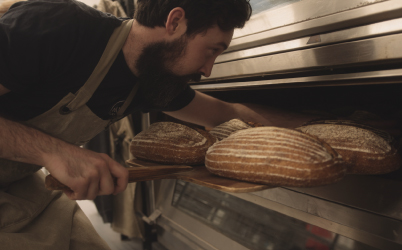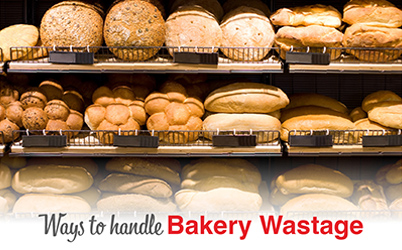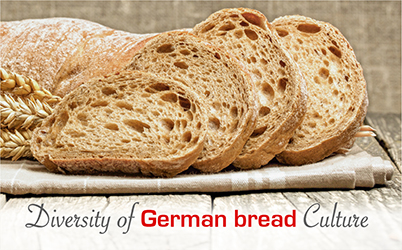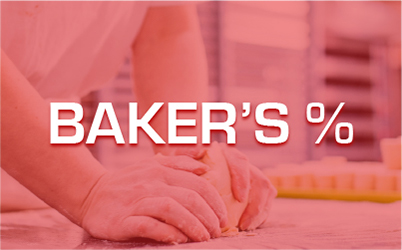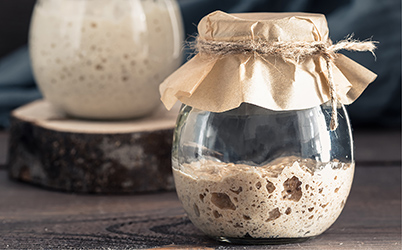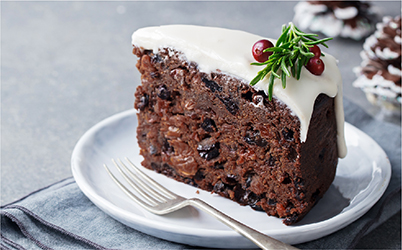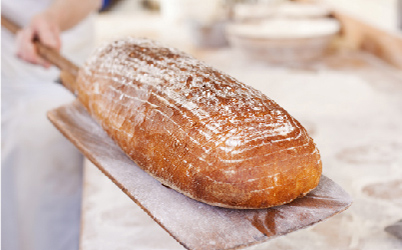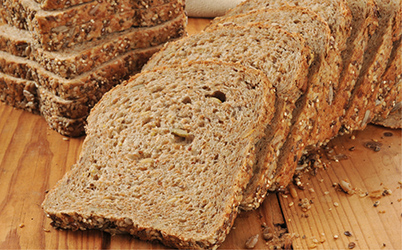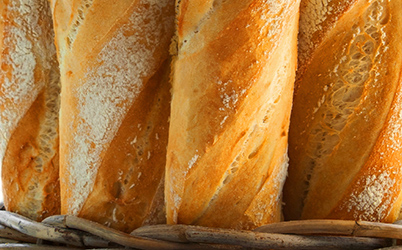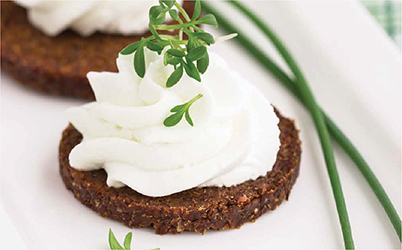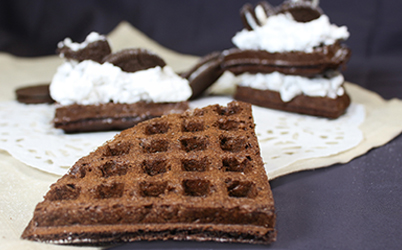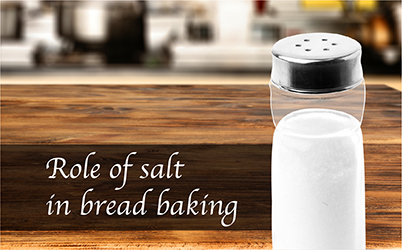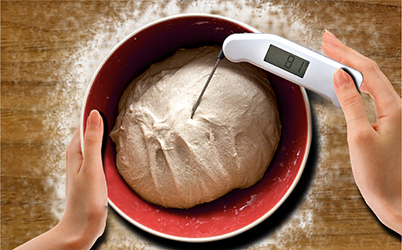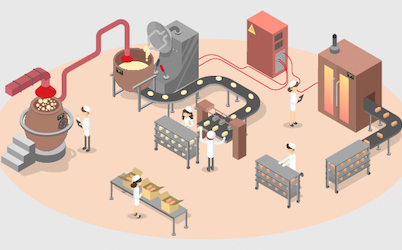5 Signs you’re using the Wrong Flour as your Pizza Ingredients
What are the Common Signs telling that you aren’t using the Right Flour for your Pizza Dough Recipe?
Let’s explore five tell-tale signs that your current flour might not be the right match for your pizza base — and how a professionally tailored option like MORCOTE® 00 Pizza Flour can help you regain control, consistency, and quality.1. Your Dough Tears or Shrinks During Shaping
If your dough resists stretching, springs back, or tears during shaping, this is often a sign of imbalanced gluten structure. Many all-purpose flours or generic "pizza" flours don’t provide the right protein and enzyme balance required for long fermentation and high extensibility.For professionals, this is especially problematic during peak hours when fast stretching is key. Using a flour that’s not designed for elasticity and extensibility can slow down your workflow and frustrate your kitchen team.
Solution: A flour like MORCOTE® 00 Pizza Flour is milled specifically for high elasticity and smooth shaping. Its specialized enzyme blend enhances gluten behavior, making it ideal for dough that stretches easily and holds shape — perfect for hand-tossed, Roman-style, or Neapolitan bases.
2. Inconsistent Crust Texture – Sometimes Dense, Sometimes Hollow
One week your crust is airy and crisp, the next it’s flat or overly chewy. This inconsistency is a major red flag — especially in HoReCa setups where repeatable results are critical. Often, it’s due to flour that doesn't respond well to environmental changes (humidity, temperature, cold storage).The best flours for professional use have a stable gluten and enzyme profile that performs consistently across various storage conditions, oven types, and fermentation times.
Solution: MORCOTE® 00 Flour’s formulation ensures reliable dough performance even in shifting climates. It delivers a crisp yet airy crust every time, thanks to its cold fermentation tolerance and ultra-fine milling. Ideal for operations that rely on precision and predictability.
3. Poor Fermentation or Overproofing During Retardation
Extended fermentation (cold proofing) brings out deep flavour and improved texture, but not all flours can handle long rests. If your dough overproofs easily or collapses after resting in the fridge, your flour might lack the retardation tolerance necessary for professional cold fermentation.Signs include sticky dough, sour off-notes, or weakened structure — all common when the gluten network breaks down due to enzyme activity that wasn’t accounted for in flour formulation.
Solution: MORCOTE® 00 Pizza Flour is engineered for cold fermentation compatibility, offering high retardation tolerance. Whether you rest your dough for 24 or 72 hours, the structure remains strong, elastic, and easy to handle, while the flavour profile matures naturally.
4. Your Dough Lacks Silkiness or Hydration Absorption
Flour texture plays a huge role in how dough feels. If your current flour doesn’t hydrate properly, your dough might feel dry, uneven, or rough — making it harder to shape and more likely to form a dense crust.Professionally milled flours should absorb water efficiently, resulting in a smooth, hydrated, and pliable dough that behaves consistently across batches.
Solution: Thanks to its ultra-fine milling, MORCOTE® 00 Pizza Flour absorbs water efficiently and produces a silk-like dough texture. This ensures better mixing, easier shaping, and more control over final hydration levels — essential for any kitchen working with high-hydration recipes or sourdough variants.
5. Your Dough Doesn’t Perform Well in Different Ovens
Whether you’re using a wood-fired oven, deck oven, or electric conveyor, your dough must adapt to different baking environments. Some flours burn too quickly, brown unevenly, or fail to puff up under high heat — especially if they aren't finely milled or thermally stable.A flour that isn’t made with professional baking in mind may yield poor oven spring, flat edges, or underdeveloped crusts.
Solution: MORCOTE® 00 Pizza Flour’s balanced protein and enzyme system delivers consistent results across a wide range of oven types. From fast bakes in high-temperature ovens to slower deck setups, it provides reliable browning, rise, and crust texture — key for any chef juggling multiple cooking stations.
Why Choosing the Right Pizza Flour Matters?
For professional chefs and pizzerias, the choice of flour is about more than performance — it's about efficiency, cost control, and customer satisfaction. Every dough failure wastes time, ingredients, and kitchen resources.Switching to a flour designed for professional use, like MORCOTE® 00 Pizza Flour, helps kitchens achieve:
- Consistency in crust texture and rise
- Reduced waste due to dough handling issues
- Faster prep and shaping during service
- Improved final product flavor and aroma
- Confidence in long fermentation cycles
Test It in your Bakery or HoReCa Kitchen!
If you’re experiencing any of the signs above, it might be time to reevaluate your flour choice. Chefs across India and beyond trust MORCOTE® by SwissBake® Pizza Flour to deliver dough that behaves predictably, bakes beautifully, and holds up in high-pressure kitchens.
You can test it in your own recipes — from classic Neapolitan to Roman-style thin crust, or even fresh pizza al taglio — and feel the difference in your hands and in every bite.

